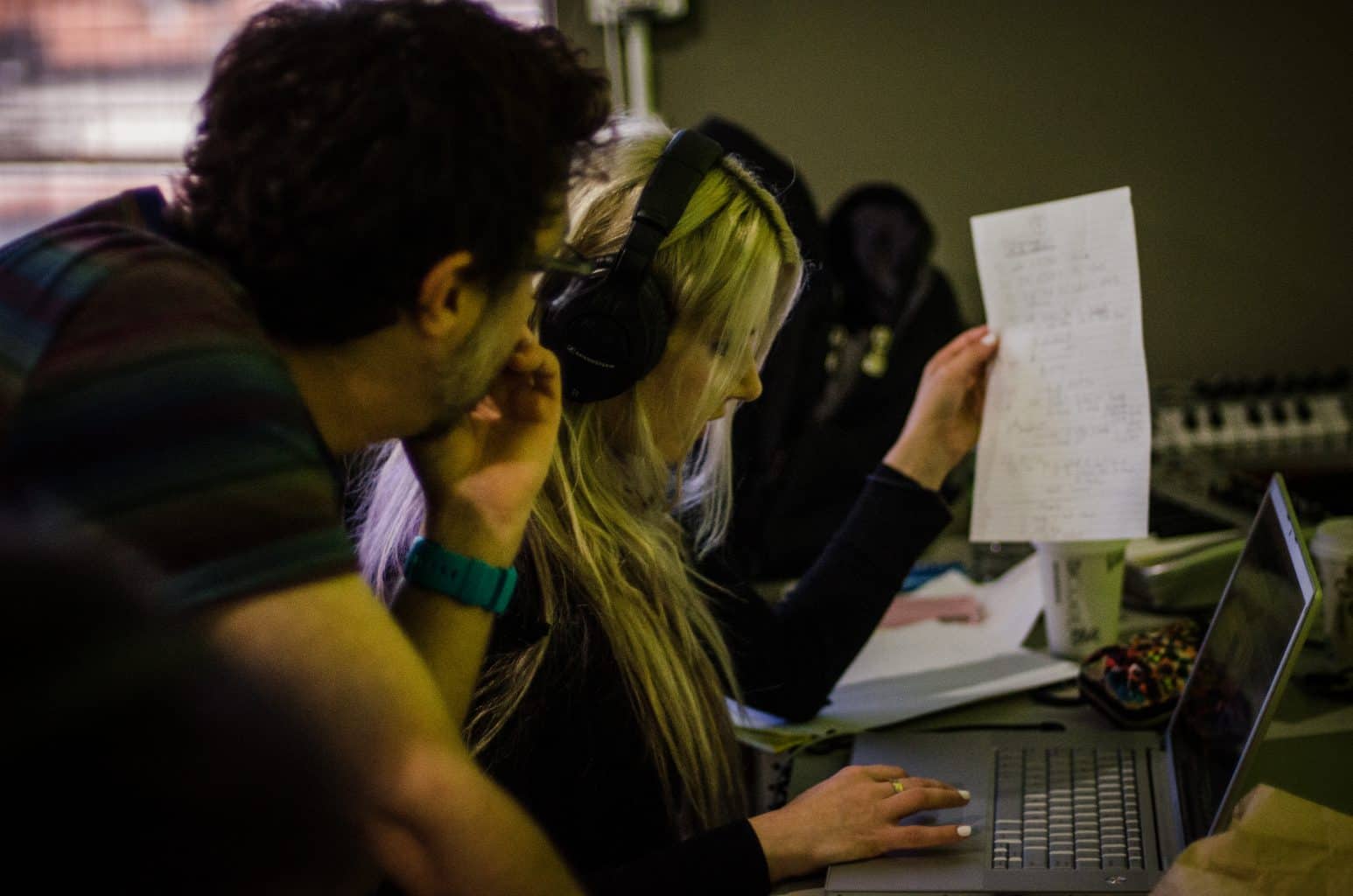Songwriting: How to Write Better Lyrics
April 25, 2022
No Comments
by Chris Porter
- Communicate, connect and feedback. This is critical. A great (or at least, better!) lyric has something to say and knows how to say it. The subject matter is irrelevant if you get this critical step right. Run your ideas past trusted ears. If you’re getting a lot of blank looks, it’s probably worth digging a little deeper and asking for feedback. What is missing (if anything)?
- Write with passion and authenticity. Nothing communicates better than truth, whatever that truth might be. There’s a reason that clichés exist – it’s because they are rooted in a distillation of a universal truth, and that’s why writers are advised to write about what they know. And everyone knows that when a truth is delivered with passion it is a vast deal more compelling. This does not mean the same thing as delivering an hysterically overblown vocal, as a whisper can be just as powerful as a shriek when married to the correct melody and production.
- Keep your tone consistent. It’s unwise to begin a song with a clutch of ornate Elizabethan-style metaphors and to then raid an urban dictionary for the latest turns of phrase from the ghetto! Think about the narrator or artist that is delivering the song and then the audience that you are aiming the song at. It’s perfectly fine to ‘follow your muse’, but that shouldn’t be at the expense of coherence or logic. For instance, if the song’s narrator is a character relating a story, get into the character’s head and ensure that the language they use is consistent with their character.
- It’s ideas that excite people. A lot of music consumers feel that lyrics aren’t that important. But they are. Whether you believe that or not, why wouldn’t you want to get them right? If you’re crafting other aspects of a piece, why not lyrics, too?
- A great starting point is to have an idea or a concept for a piece. Then allowing that to inform how the lyric progresses.
- If you’re telling a straightforward narrative story, rough out a beginning, a middle and an end, and make sure you refer to it as you write.
- If a backing track already exists, think about what lyrical subject matter would complement it (i.e. if it’s a heavy-riffing guitar piece, don’t write a delicate love poem).
- If a question naturally arises in your everyday life, jot it down (because questions make great song titles!).
- Look up track listings of albums by existing artists and see what song titles inspire you! You can’t copywrite a song title (unless it involves a particularly unique use of language).
- Don’t be scared to be original. Anyone can offer advice on how to improve, but there’s NOTHING like an original voice in lyrics. Anything artistic is open to subjective criticism. But you may be able to carve out a unique niche for yourself as a creative force if you see the world a little differently and then communicate that view effectively. Let rip, listen to feedback and decide if you agree with it. Hone, hone, hone and then write another, and then another. Practice makes…. Yep, you got it.
Learn how to write better lyrics and melodies on our Hit Songwriting courses, worldwide.


